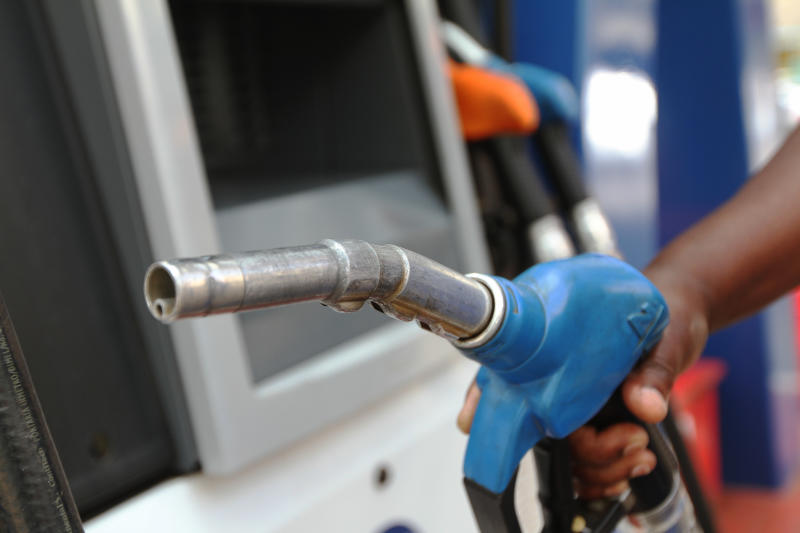
The government has been hard-pressed to explain the rationale behind the high cost of fuel pump prices in the country despite continued outcry by consumers.
The Senate Energy Committee implored officials in the Mining and Energy Ministry and the Energy and Petroleum Regulatory Authority (Epra) to provide a lasting solution to the problem. “We’ve had about four or five meetings dealing with the same issue and it came out that the major component was taxes and levies, which were contributing the highest percentage in terms of pump pricing,” said committee chairman Ephraim Maina.







